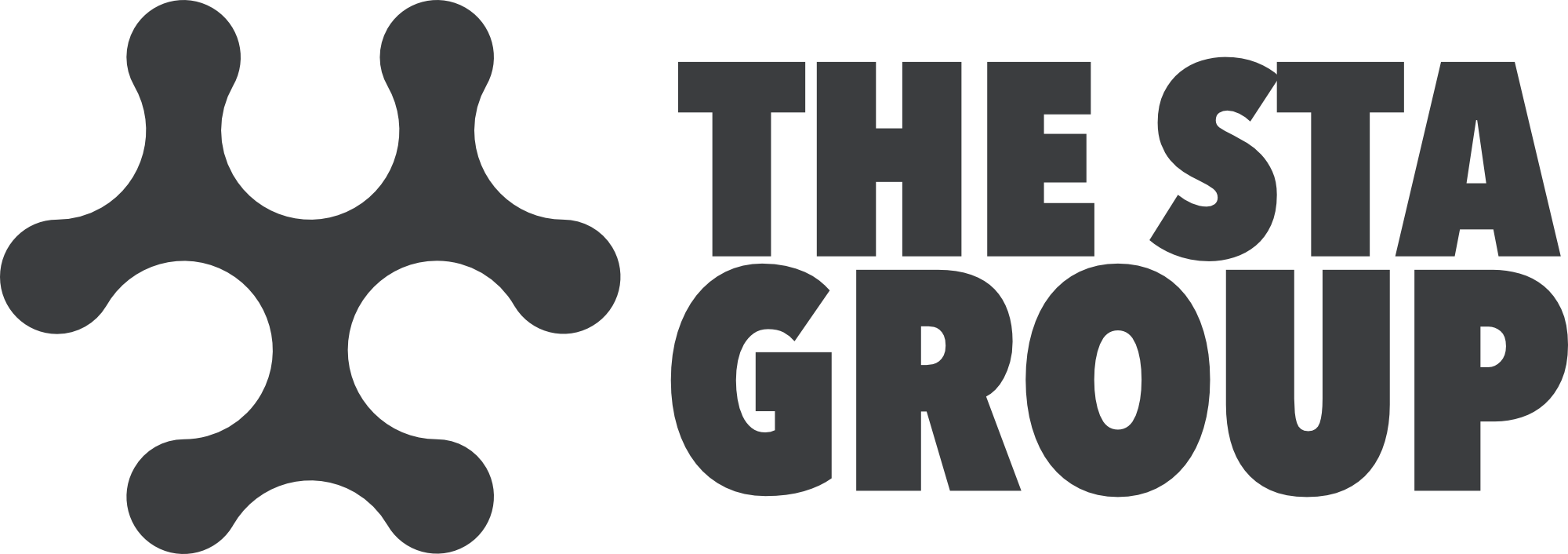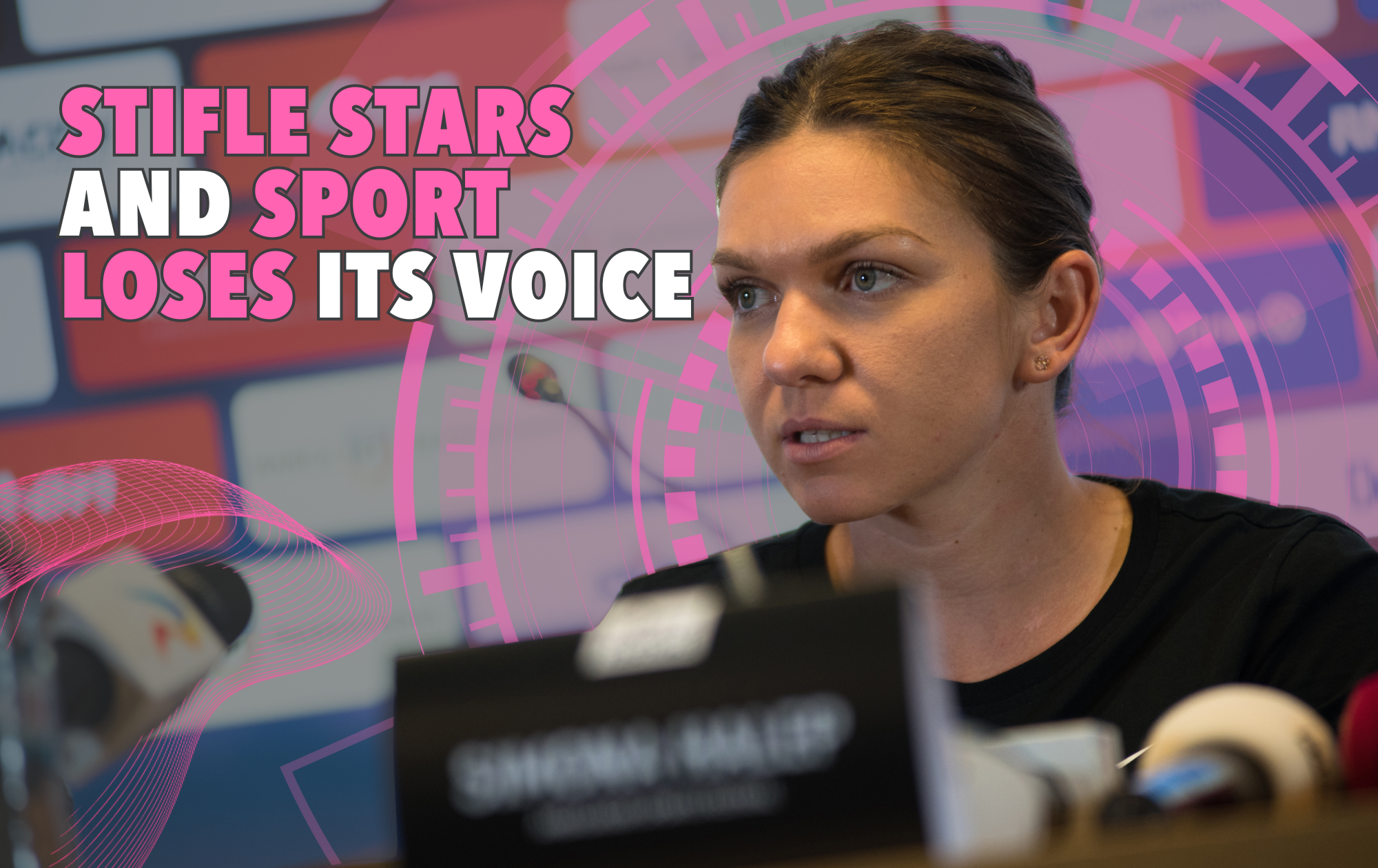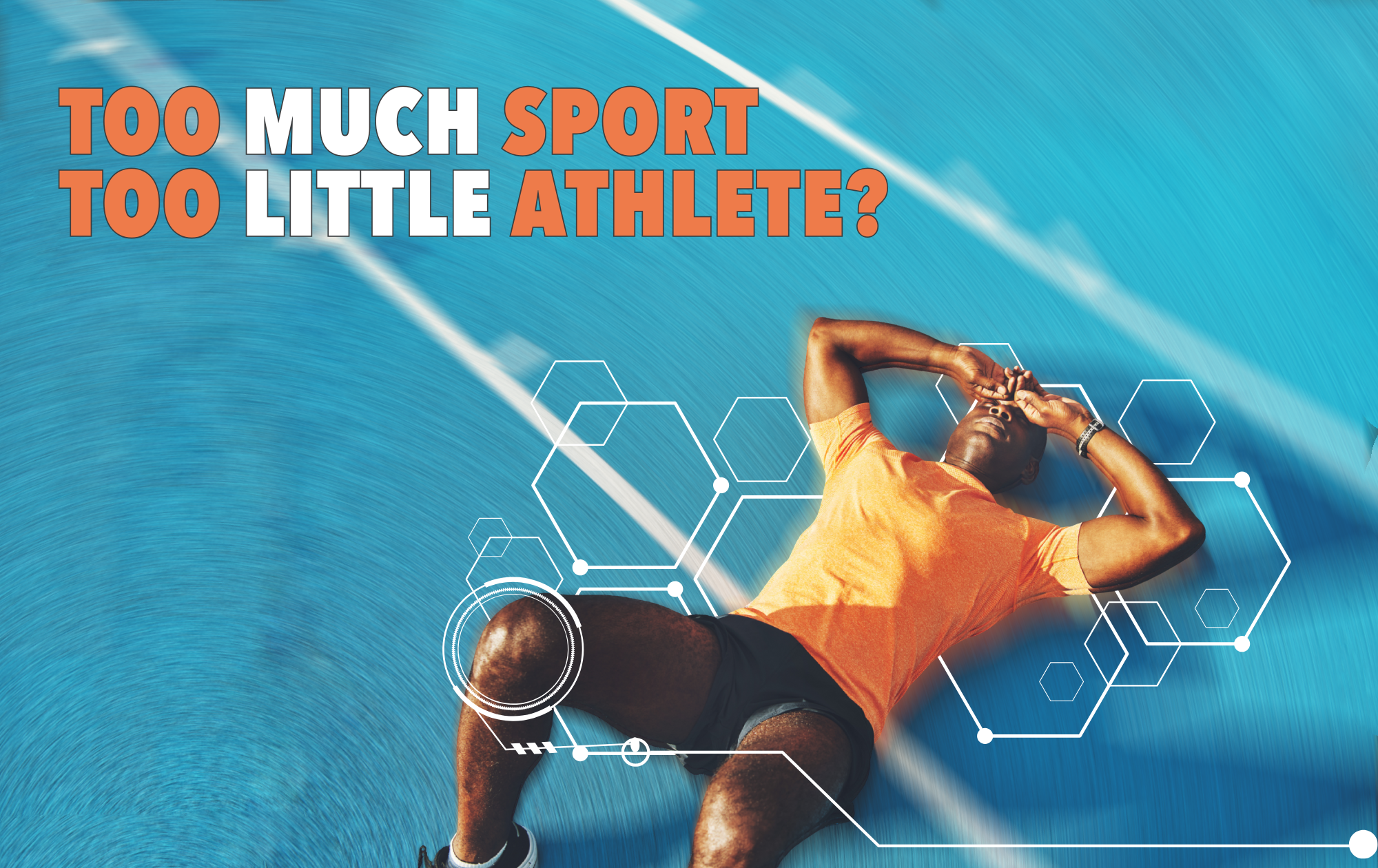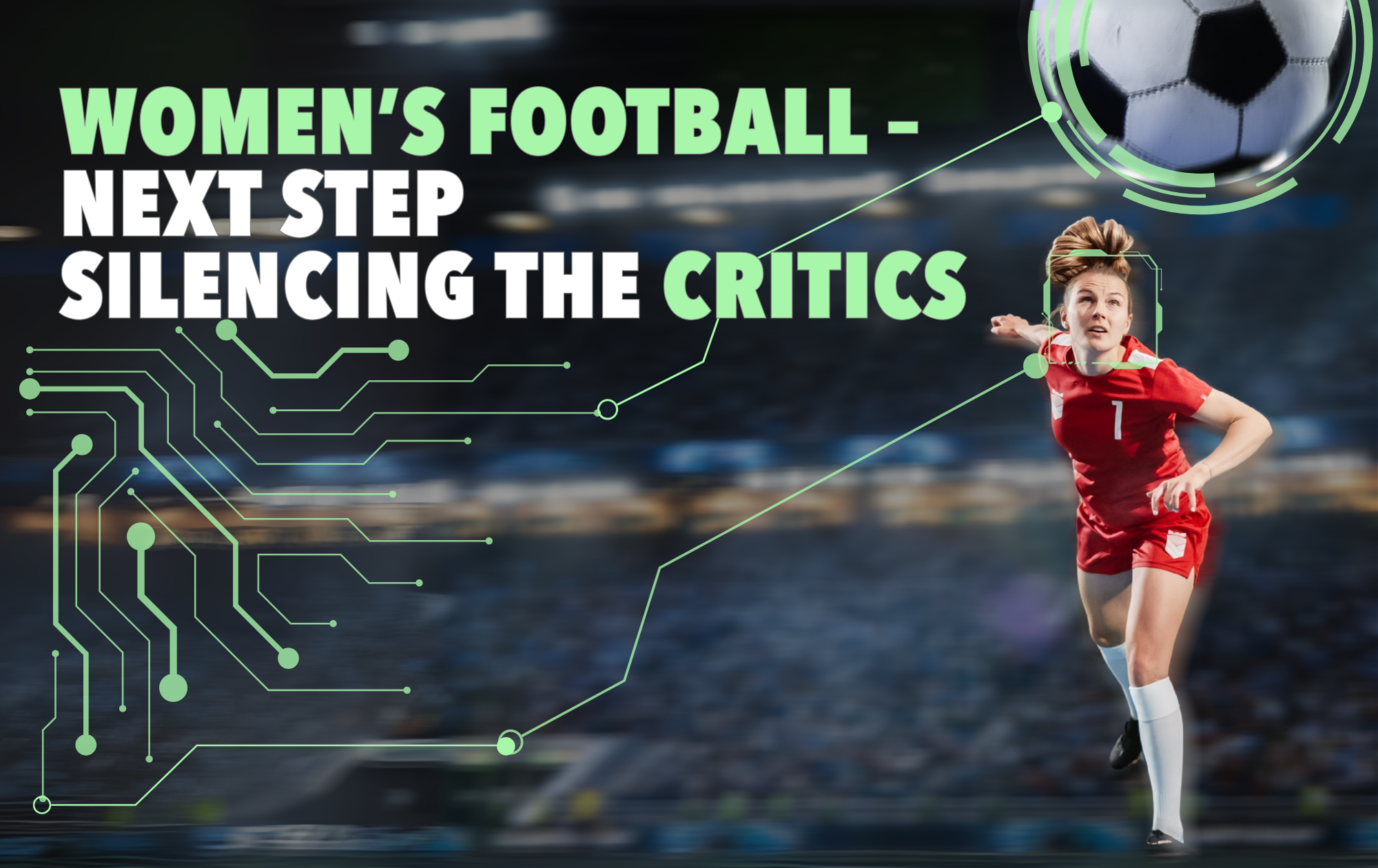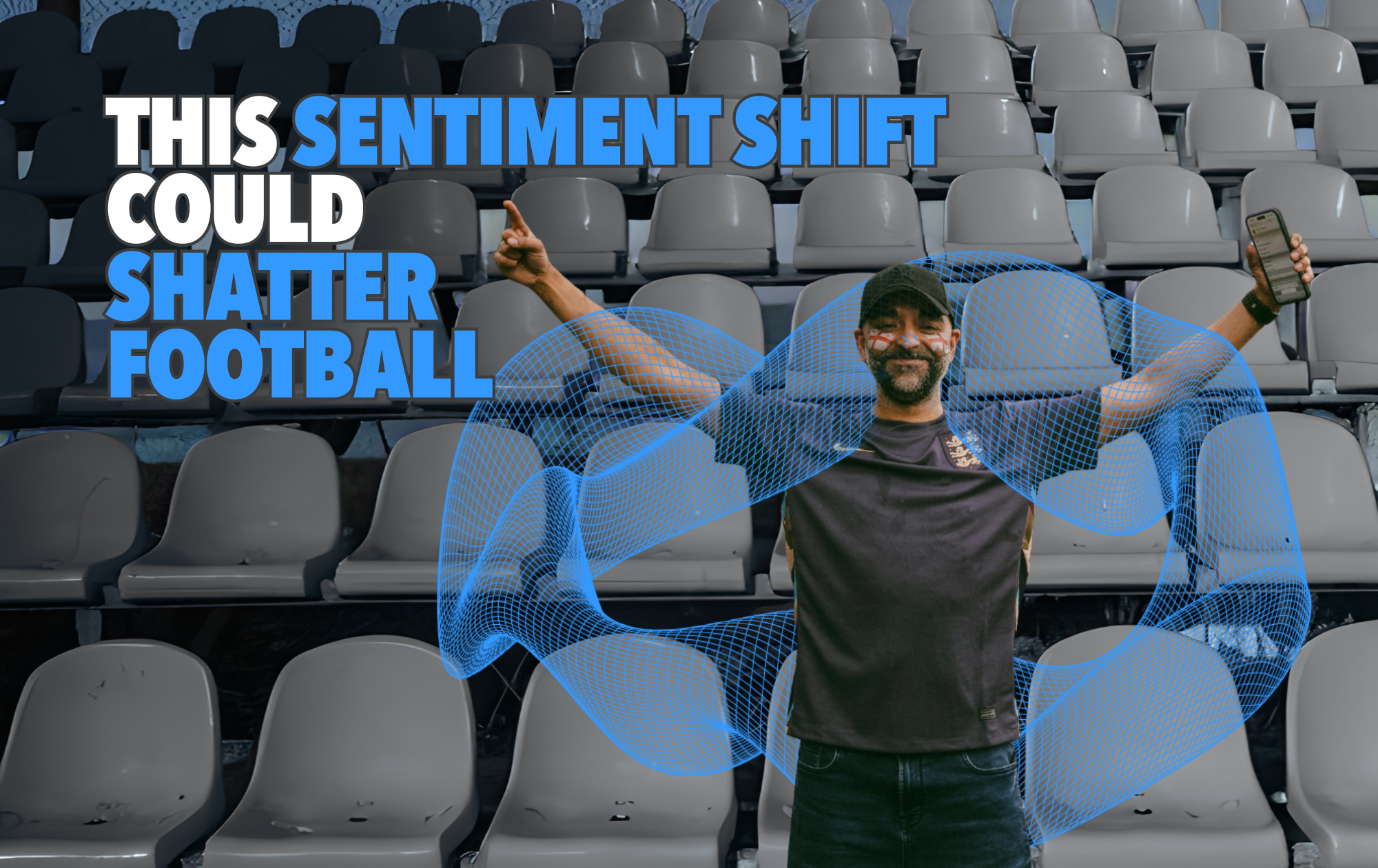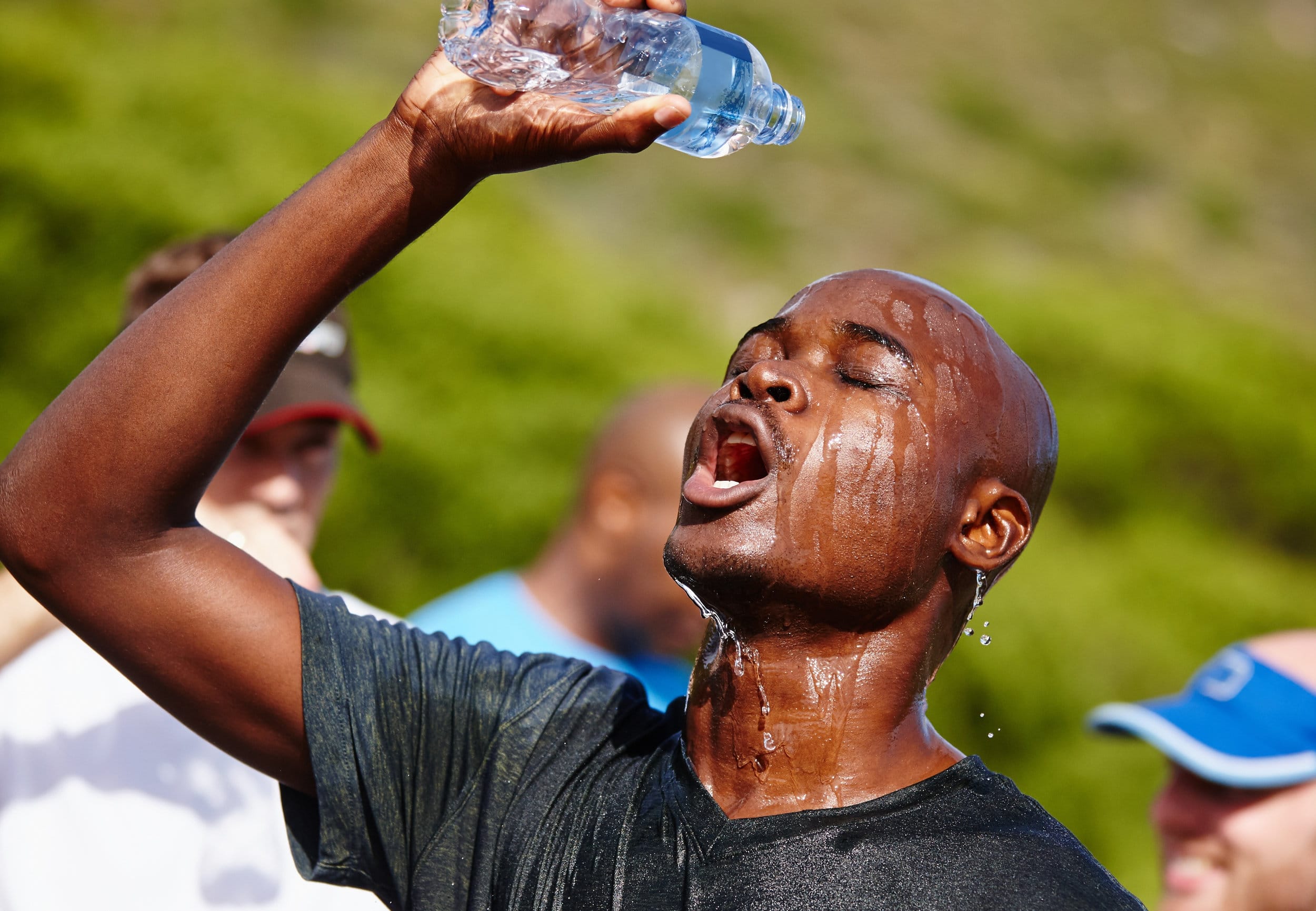Keep Stifling Stars and Sport Loses its Voice.
When Boris Johnson was Mayor of London, his press office told me that he’d taken the view that media training Bo-Jo would be like taking the fizz out of the champagne. Let people see the real man and enjoy him for what he is. It worked. While that strategy might not have commuted to the Prime Minister’s office, Boris was a wildly popular mayor.
Continue reading